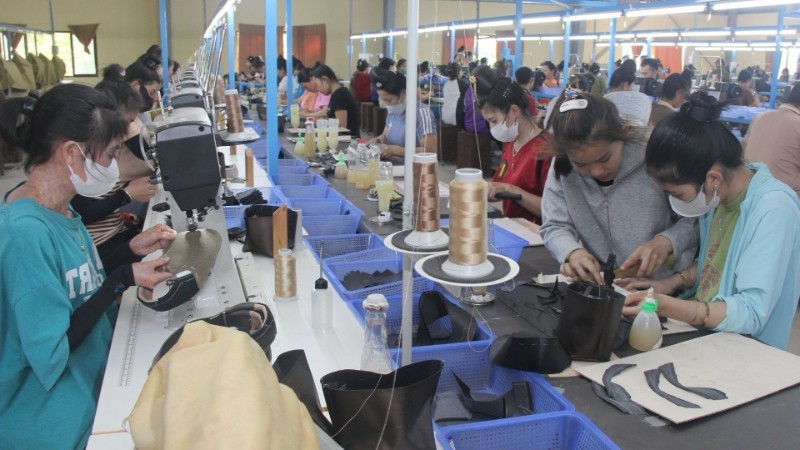
Vocational training needs to be calculated specifically, practically and linked to market needs and the economic development model of each locality in the direction of learning while doing.
Knowledge is the key
Son La has successfully implemented many vocational training programs and policies for rural workers, especially ethnic minority areas. In 2024 alone, agricultural vocational training for rural workers exceeded the planned target with 20,617 people associated with the local production development needs. In the first 6 months of 2025, 1,309 more people were trained in agricultural occupations, and 5,097 rural workers had new jobs.
Mr. Ca Van Cu, Thai ethnic, Mon village (Muong Bu commune, Son La ), thanks to participating in cultivation knowledge classes organized by the commune, has boldly invested in planting more than 2 hectares of fruit trees of various kinds such as: guava, Thai jackfruit, mango, custard apple, Four Seasons lemon, grafted longan,... to raise pigs and 60 square meters of fish pond. His garden-pond-cage model brings in an income of nearly 400 million VND/year, after deducting expenses, the profit is about 60%.
Vice Chairwoman of Son La Provincial People's Committee Trang Thi Xuan said: By 2025, the rate of local workers receiving vocational training will reach about 65%, the rate of trained workers with diplomas and certificates will be 28%. However, vocational training is still limited due to lack of facilities and uneven training quality, especially in remote areas...
In Cao Bang, from 2024 to now, the province has provided vocational training to 7,378 people, of which 6,771 rural workers received primary vocational training. Most of the trained workers have applied their skills well in life, creating a long-term source of livelihood.
Chief of the Office of the People's Committee of Kim Dong Commune, Luong Van Hanh, shared that vocational training classes for rural workers have brought about practical results in people's lives and production. Notable classes include training on organic animal husbandry, agricultural machinery repair, and high-yield tobacco, soybean, peanut, and corn cultivation, helping people apply their knowledge to increase production efficiency and gradually increase their income.
We visited Mr. Nong Van Quoc's family in Na Vai hamlet, Kim Dong commune, when he had just sprayed disinfectant to disinfect barns and prevent disease in the context of the complicated developments of African swine fever in the locality.
Anh Quoc shared that thanks to participating in and acquiring knowledge from the organic chicken and pig farming training class, his family has promoted livestock farming. At its peak, the farm had 30 pigs, selling more than 2 tons of live pigs each year, earning about 140 million VND, higher than traditional farming.
Vocational training linked to labor needs
According to data from the Central Steering Committee for National Target Programs, bringing knowledge and rejuvenating rural labor, including in mountainous, remote and isolated areas, is an urgent task to develop human resources, reduce poverty sustainably and build new rural areas. In the period of 2021-2025, the group of laborers trained in vocational skills suitable to the needs and conditions of ethnic minorities and mountainous areas reached an average of 54.8%, and is expected to reach 57.8% for the whole period (the target is more than 50%).
By participating in free training courses and applying them in practice, people in remote areas and ethnic minority areas have increasingly improved their lives. In many localities, a vocational training movement has been formed, "learning to do a job, learning to live better".
Vice Chairwoman of Son La Provincial People's Committee Trang Thi Xuan shared that the locality will innovate vocational training thinking in the direction of "training linked to employment", shifting from training based on existing capacity to closely meeting market needs and specific development conditions of each ethnic region.
Diversify training forms, increase short-term training, on-site training, flexible training suitable to the level and living conditions of the people. Continue to do a good job of information on the labor market, focus on solving employment for workers; effectively implement policies to support job creation for workers, especially workers in rural areas and ethnic minority areas; promote labor export to markets with high demand, high and stable income. Strengthen coordination between schools and businesses, between localities and recruitment units, to both train and create stable jobs.
The Government has had many support programs for the poor in rural areas and ethnic minority areas, bringing positive results. Deputy Head of the National Office for Poverty Reduction Nguyen Le Binh shared that in the period of 2021-2025, the program will support vocational skills training for 177,767 workers from poor households, near-poor households, and newly escaped-poverty households; 146 facilities will be supported to invest in facilities and equipment for training; 131 sets of standards on vocational education will be developed; 1,981 programs, textbooks, learning materials, etc.
In the coming time, the program will continue to implement vocational education contents such as supporting facilities and training equipment; building standards on vocational education; supporting vocational training... contributing to improving the training quality for vocational education institutions in poor and disadvantaged areas in terms of both scale and training quality; closely linking training with employment.
According to Deputy Minister of Agriculture and Environment Tran Thanh Nam, the target is to increase the rate of trained agricultural workers to 55% by 2025 and 70% by 2030, with the rate of trained workers with degrees and certificates reaching over 30%. In particular, focusing on training rural workers to implement the criteria on labor in the new rural criteria set; training to ensure social security and socio-economic development in ethnic minority and mountainous areas; training high-quality human resources to serve smart agricultural production, ecological and organic agriculture and digital transformation in agriculture; training for career conversion, transferring a part of rural workers to service agriculture, serving the restructuring of the agricultural sector and responding to climate change, taking rural residents as the theme, bringing about positive and clearer changes in career conversion, creating jobs and income for people.
Source: https://baolaocai.vn/chia-khoa-giup-nguoi-dan-mien-nui-thoat-ngheo-post879786.html








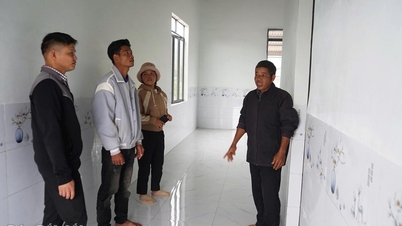

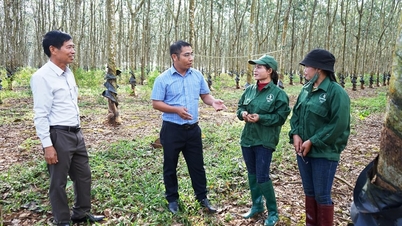
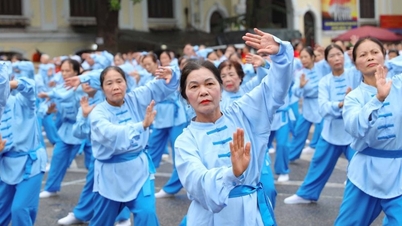

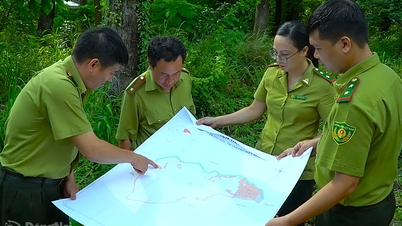

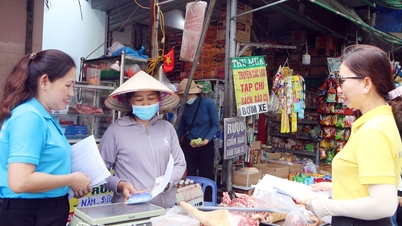
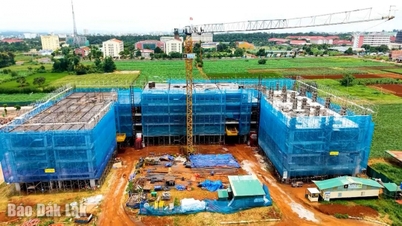





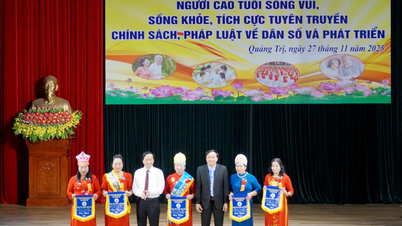

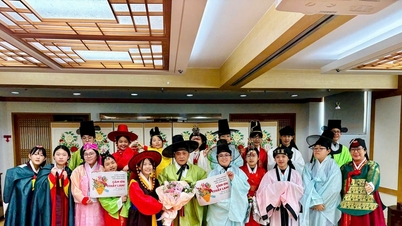







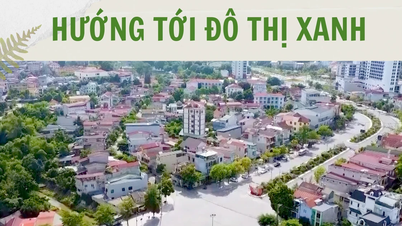

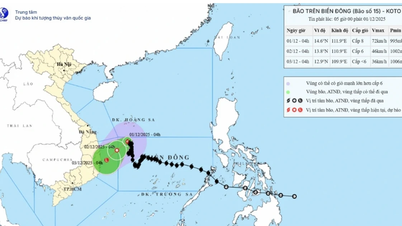


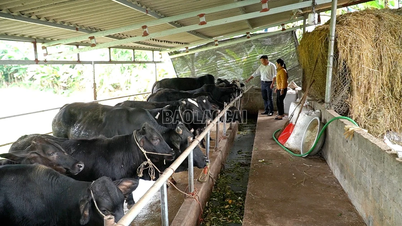


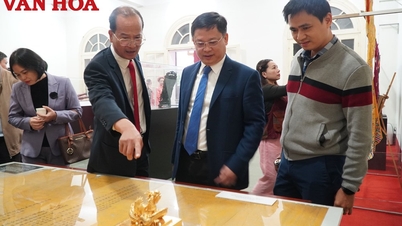

















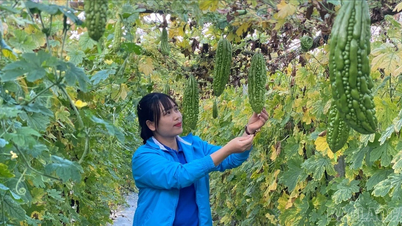





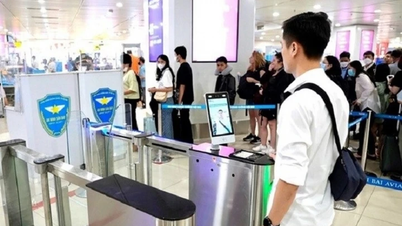


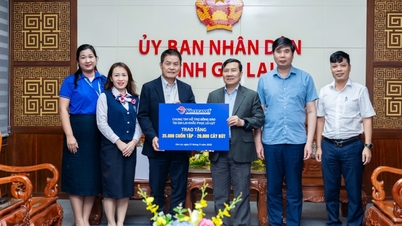
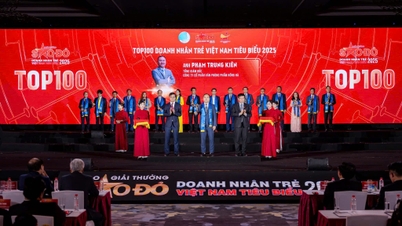











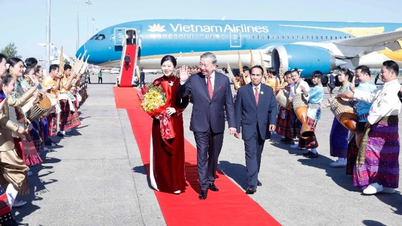








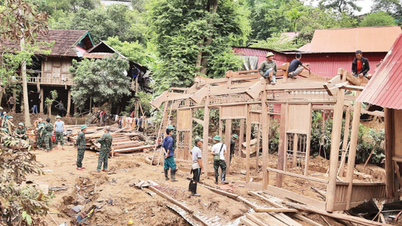

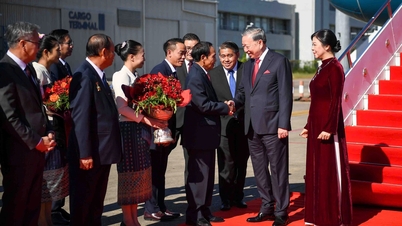


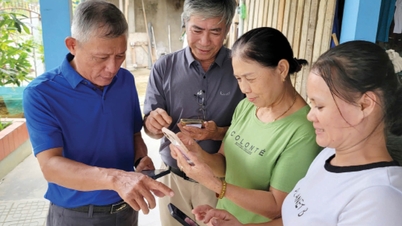

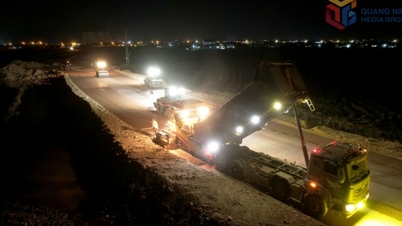



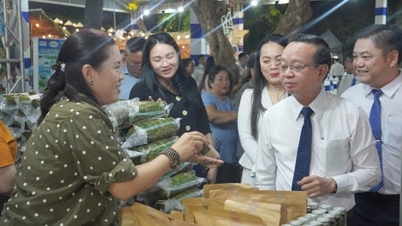










Comment (0)